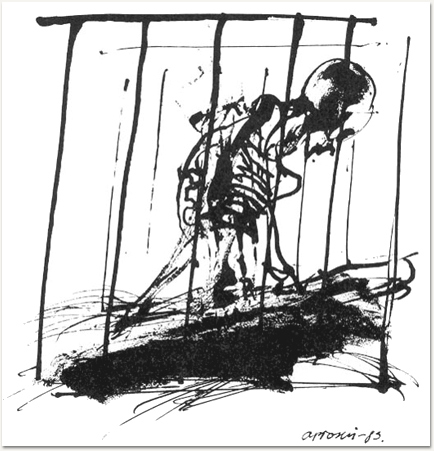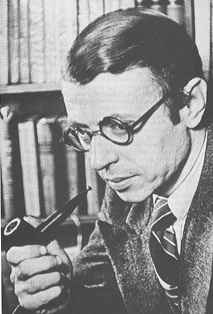Gregor is always giving his parents, and sister, everything he possibly can. He's always striving to provide everything for them, and always pretending to be content by this. In actuality, Gregor craves attention and appreciation from his parents. By using neutral language, Kafka portrays Gregor as nonchalant, yet in this neutral diction we can see Gregor's need for recognition:
"...hard cash which he could lay on the table before his amazed and happy family. These had been fine times, and they had never recurred, at least not with the same sense of glory, although later on Gregor had earned so much money that he was able to meet the expenses of the whole household and did so. They had simply gotten used to it, both the family and Gregor; the money was gratefully accepted and gladly given, but there was no special outpouring of warm feeling." (Kafka 78)When Gregor's family was "amazed and happy", Gregor feels that this was a "fine time", however, now the family has "simply gotten used to it", no longer amazed, no longer considering it to be a great achievement of Gregor's. Even though Gregor "gladly" gives money to his family, its clear that he is disappointed because "there was no special outpouring of warm feeling", but never does he emphasize on this point. Yet we can also see that in the beginning of the passage, when the narrator is speaking about the problems that Gregor's father, and family have faced, Kafka uses very dramatic diction. Words like "imprisonment", "sole desire", "utmost", "catastrophe", "overwhelmed", and "despair" are all put together, in sentence after sentence. This shows us how much the fall of Gregor's father's business has effected Gregor, and how important it is to him. Even though Gregor doesn't get the attention he deserves for helping, he still feels as though it his his "sole desire" to help, regardless of the recognition. We can also see the relationship between Gregor and his father, when Gregor says "... and of course he had not asked him directly." (77). This shows that Gregor doesn't feel close enough to his father to discuss things about the old business. This however contrasts to how Gregor feels with his sister, a relationship which is directly characterized as "intimate", which is also shown through Gregor's high hopes and dreams for his sister. By wanting to send her to study at the Conservatory, Gregor is going against his father's wishes, yet he disregards this despite his obvious fear of his father, showing his obvious care for his sister. This is where the readers can see that because his affection for his sister is above his consideration for his father, Gregor doesn't always want to be submissive, a mask he wears for the sake of his family.



